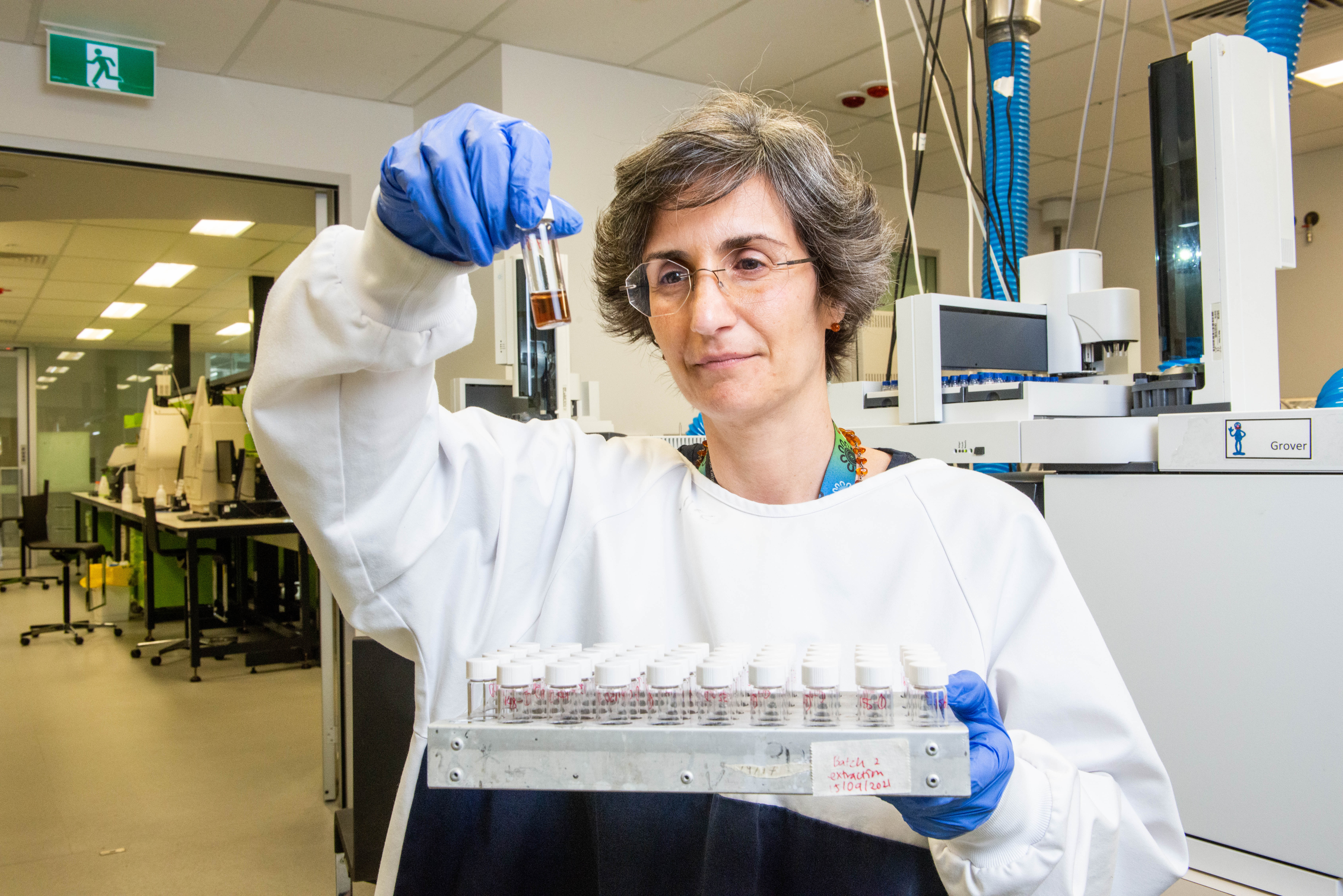Preterm birth occurs in approximately 1 in 10 infants globally. It causes about three-quarters of near-birth deaths and more than half of newborn deaths.
According to Professor Robert Gibson from the University of Adelaide and Professor Maria Makrides from the South Australian Health and Medical Research Institute (SAHMRI), the cost of direct initial hospital care for infants born before 34 weeks is estimated to be between $100,000 to $200,000 per infant.
‘But the costs associated with long-term care of these children are vastly underestimated, if at all truly measurable,’ said Professor Makrides, who’s worked for over 30 years to improve the lives of babies and mothers.
This story is part of our 10 of the Best -Fifteenth edition. 10 of the Best is an annual NHMRC publication, showcasing 10 NHMRC-funded health and medical research projects. See more 10 of the Best.
With the aim of redefining the nutritional requirements for a range of nutrients, including omega-3 long chain polyunsaturated fatty acids, the professors secured funding for an NHMRC Centre of Research Excellence (CRE) called ‘Foods for Future Australians’ and NHMRC Fellowships.
From 2013 to 2019 they conducted large-scale clinical trials with pregnant women, developed new technology to gather and assess blood samples more cheaply and produced findings that have already had a profound impact. Critically, the funding from the NHMRC enabled them to establish clinical networks around Australia and internationally to conduct research on a large enough group of babies.
They discovered that low intakes or blood status of omega-3 fatty acids (fish oil) are associated with increased risk of preterm birth and that low-cost supplements lower this risk. They also proved that babies who are born very premature, who are given omega-3 fatty acids, will experience better cognitive function.
Before their CRE, the role of nutrition in preventing preterm birth and in brain development after birth wasn’t clearly established.

‘We've demonstrated that by 5 years of age, supplements will have improved their IQ and recovered about 30% of what they've lost by being born very preterm,’ said Professor Gibson, who’s dedicated his 40-year career to science.
‘The realisation that you’ve found clear evidence, when you see it for the first time, it literally causes the hairs on the back of your neck to stand up. Honestly, it's the most incredible feeling,’ he said.

Now, as a direct consequence of their research, the Pregnancy Care Guidelines of the Australian Government have been updated and manufacturers of nutritional products for preterm babies are improving their products.
‘The likely impact of our work will be that health systems around the world will have a ‘screen and treat’ approach for all pregnant women. This will reduce the short-, medium- and long-term costs associated with preterm birth,’ said Professor Makrides.
Both professors are extremely excited about what the findings mean to babies and their families. But the story doesn’t end here as they need to do more work.
‘In order to prove that supplements are effective in the Australian population we need to demonstrate effectiveness in a large community,’ they said.
Next steps
In partnership with the South Australian Pathology service, Professor Robert Gibson and Professor Maria Makrides aim to measure the omega-3 status of every pregnant woman in the state over the next 2 years. Their goal is to prove that assessing omega-3 fatty acids plus supplementing, if needed, will reduce the rate of preterm birth by 10-15%.
‘This means working with around 15,000 women per year! We are well on the way but it's an enormous task. But we will keep on our mission because, if successful, this program will likely expand nationally, and this is important to save and improve more lives,’ said Professor Gibson.
CIAs
Professor Robert Gibson
Institution
University of Adelaide
Research title
Food for Future Australians
Team
Professor Maria Makrides
Dr Andrew McPhee
A/Prof Carmel Collins
Dr Karen Best
A/Prof Lisa Yelland
Dr Thomas Sullivan
Dr Jacqueline Gould
Professor Philippa Middleton
Emeritus Professor Philip Ryan